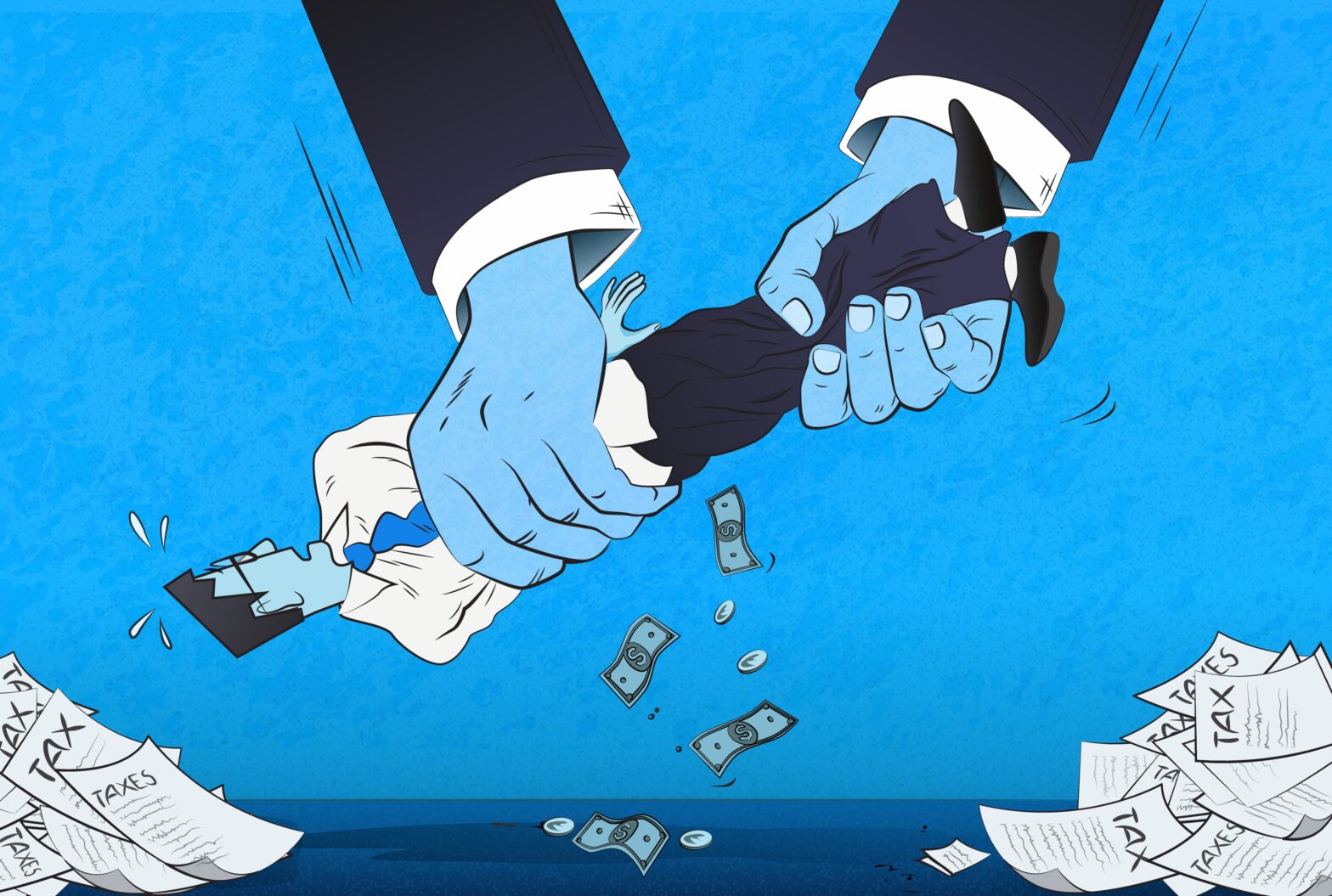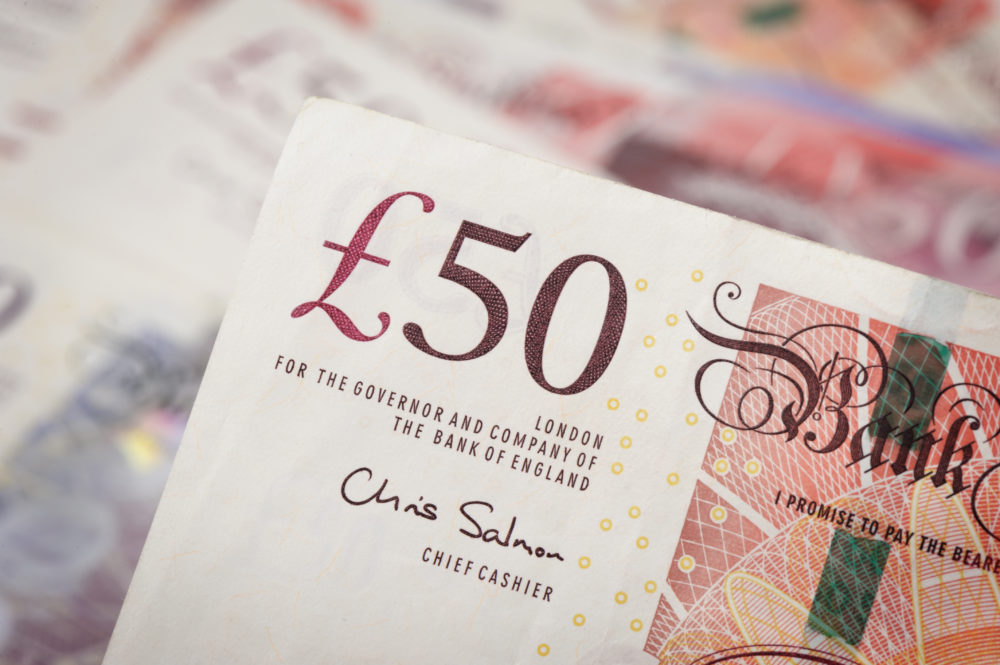Businesses face paying an extra £3bn in business rates from April, coming on top of rising corporation tax and inflation.
Indeed, the commercial property tax is due to rise in line with inflation, which the Bank of England expects to hit 13 per cent this year.
According to the British Retail Consortium, retailers alone are set to pay an extra £800m in the tax from April, when the temporary 50 per cent relief expires.
>See also: How to challenge your business rates
Martin McTague, national chairman of the Federation of Small Businesses, told the Daily Telegraph: “The prospect of business rates going up next April by 10pc is hugely worrying, and would be devastating for thousands of small businesses.
“With relief for businesses in hospitality, retail and leisure due to end around the same time, the impact on these industries will be particularly acute.”
Jerry Schurder, business rates policy lead at property consultancy Gerald Eve, said companies would be “quaking in their boots at the risk of the new chancellor forcing up business rates in line with inflation, which would add another £3 billion per annum to already unaffordable costs”.
>See also: Labour to cut business rates for small business
A revaluation is due to take place next April, which will place new rateable values on 2.1 million properties in England liable for the commercial property tax. The figures will be based on open market rental values in April last year.
At a revaluation, the “multiplier” used to calculate the tax is also revised to ensure that, on average, bills rise by no more than the rate of inflation.
Schurder added: “The Prime Minister claims that her policies are designed for growth, growth, growth but further business failures and shop closures will result unless the UBR [Uniform Business Rate] is frozen again.”
The UBR – part of the “multiplier” used to calculate companies’ rates bills — was frozen by former chancellor Rishi Sunak at the last two autumn budgets.
The FSB also wants rates to be frozen.
However, Gerald Eve noted that the loss to the public finances from these freezes was relatively modest, as inflation was at 0.5 per cent in September 2020 and 3.1 per cent in 2021.





